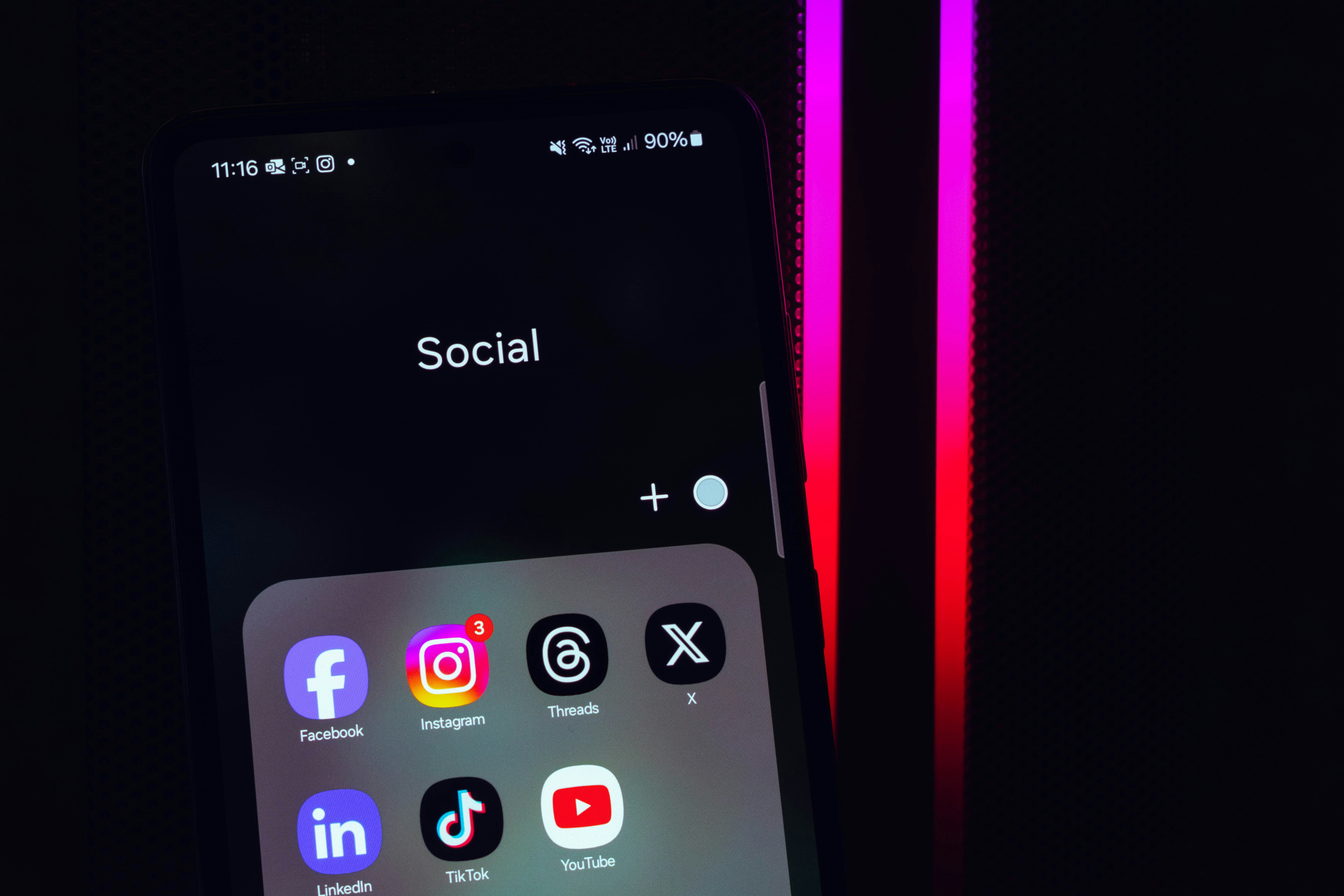Bridging the Divide: How Cross-Cultural Friendships are Shaping Modern Society
In an increasingly globalized world, cross-cultural friendships have emerged as a potent force for societal change. This article delves into the fascinating journey of these connections, their current implications, and their future potential. Read below to understand how this trend is reshaping our social fabric.

A Historical Perspective on Cross-Cultural Friendships
While friendships across cultural lines are not a new phenomenon, they have become more prevalent in the modern era. In the past, geographical limitations, social norms, and xenophobic attitudes often prohibited such relationships. However, with the advent of globalization, travel, and technology, these barriers have gradually dissolved, fostering an environment conducive to cross-cultural friendships.
The Modern Landscape of Cross-Cultural Connections
Today, cross-cultural friendships are more common than ever. The rise of digital communication platforms has made it possible for people from diverse backgrounds to connect, exchange ideas, and build lasting friendships. Educational exchanges, international work opportunities, and global migration have also contributed to this trend, encouraging cultural mingling on an unprecedented scale.
The Societal Impact of Cross-Cultural Friendships
Cross-cultural friendships offer profound societal benefits. They foster mutual understanding, challenge stereotypes, and promote tolerance. These relationships provide a platform for cultural exchange, helping individuals appreciate the richness and diversity of global cultures. By encouraging empathy and understanding, these friendships can act as a catalyst for social cohesion and peace.
The Future of Cross-Cultural Friendships
As our world becomes even more interconnected, cross-cultural friendships will continue to gain significance. These relationships will play a key role in promoting global solidarity and combating divisive ideologies. They will also influence cultural evolution, as shared ideas and experiences shape societal norms and values.
Conclusion
In a world often divided by cultural differences, cross-cultural friendships offer a beacon of hope. They symbolize the power of human connections to bridge divides, foster understanding, and shape society. As we move forward, nurturing these friendships will be crucial to building a more inclusive, empathetic, and united global community.
Each of us, in our own small way, can contribute to this transformative societal trend. By forging friendships across cultural boundaries, we can learn, grow, and help shape a better world.






